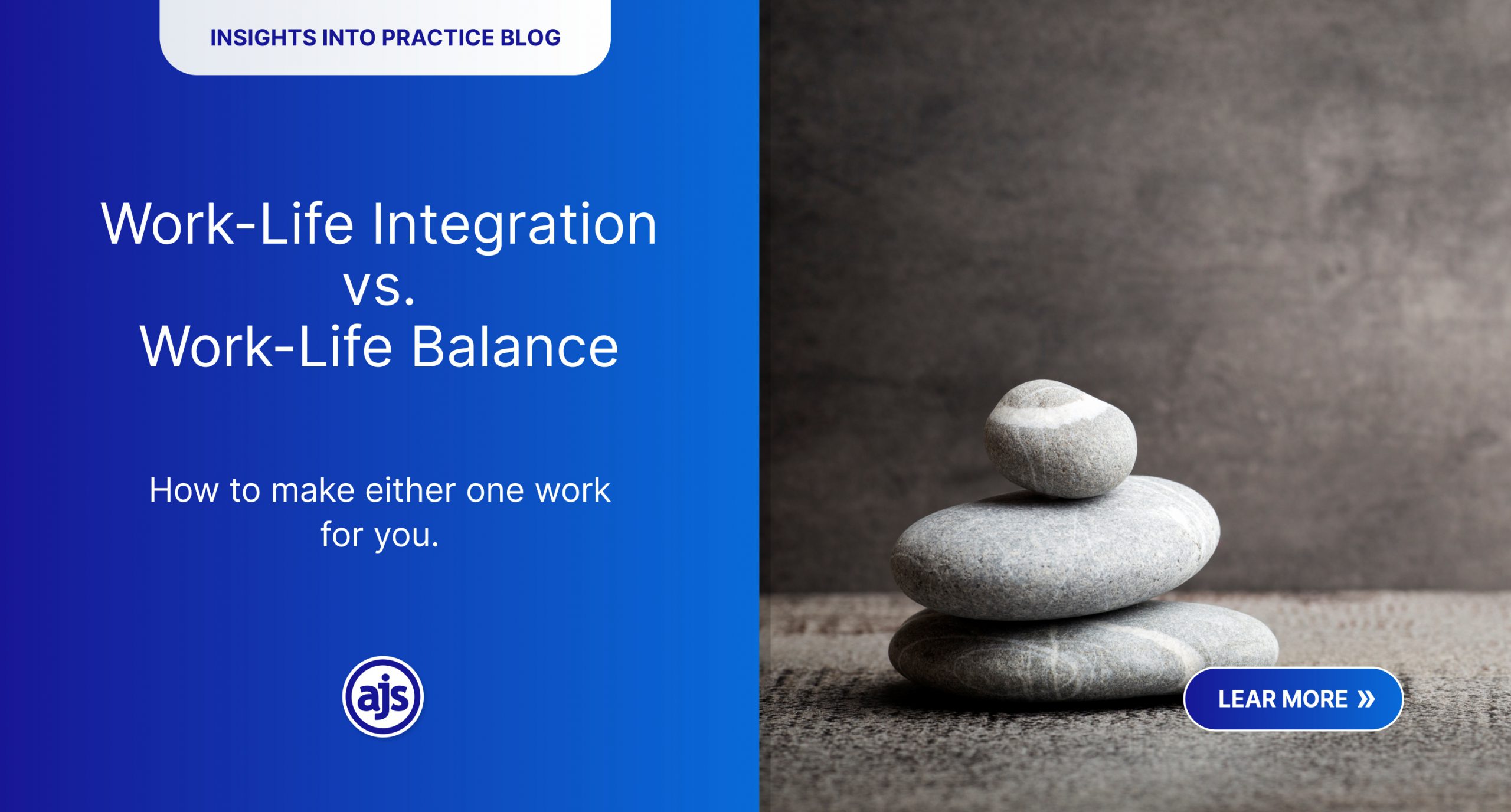
PREPARING FOR THE SEASONS OF A BUSINESS: Winter
Winter
Shakespeare’s play about King Richard III, opens with the lines “Now is the winter of our discontent” and for many of us, this line is pretty apt and quite descriptive of the season we have been having of late.
South Africa has – at least for the most part – experienced one of the coldest winters on record with Johannesburg even experiencing a flurry of snow, something “Joburgers” haven’t seen in over a decade. Cape town is also not exempt having also experienced some of its coldest conditions in many years.
And this got us thinking. As human beings we’re affected by the cold, hyperthermia, and frostbite as well as illnesses that affect our respiratory system causing sniffles galore. Especially in colder temperatures.
And as humans who run a business, we got to wondering about how this could affect business operations – during Winter.
Do businesses suffer the same fate as their human counterparts? Do they too experience the “sniffles” preventing them from performing optimally?
What’s the situation?
Business operations during colder months
As human beings we tend to “hunker down” a little bit more during Winter. Opting to “Netflix and chill” on the comfy sofa rather than wandering out into the streets in search of the new place on the block to eat and socialise.
We tend to remain cautious so as not to pick up the flu and instead of spending our cash on snazzy outfits that we are bound to be “seen in” on nights out, we tend to buy warm fluffy socks and hot chocolate to beat the cold, whilst sitting in front of a fire or heater keeping warm. We tend to seek out safety from the cold, hunkering down and keeping our heads low while we wait out the cold weather.
Businesses – for the most part – tend to follow the same behaviour with firms looking inwards, seeking out comfort over exploration.
Some of the biggest factors South African businesses face during the colder months can be summed up by three things –
1. Employee absence,
2. Dip in sales across the board.
3. Loadshedding,
Employee absence and care planning
According to Science News Explores, during the winter months it’s easier to catch colds, flu and COVID 19 –
“Winter’s shorter days may make people more prone to infection, he says. Less sunlight means people’s bodies make less vitamin D. That vitamin helps the immune system fight off disease. But that’s just one piece of the puzzle.
Some viruses spread more when people spend more time indoors. Examples include colds, influenza and respiratory syncytial virus, or RSV. In places that have four distinct seasons, these viruses cause more illness in winter. They also spread more during rainy seasons in tropical zones. COVID-19 spreads more easily indoors than outside, too.
Why? These infections are caused by viruses that travel in small droplets. Such droplets are a type of aerosol. They can be released into the air when sick people exhale.”
So, the inevitability of there being an increase in employee absenteeism in winter is highly likely.
This doesn’t mean that prolonged absenteeism should simply be accepted, but it does mean that some care planning for your employees should be on your radar. Because it’s not just about ensuring your employees can work from anywhere. It’s also a matter of ensuring that your employees are taken care of.
This could involve the giving of care packages at the office which could include tissues, Vitamin C, hot toddy tea and perhaps a hot water bottle. Simple, small things that can make your employees feel cared for during the winter months.
The offer of support should also include getting to the office when snow or other harsh weather conditions make transport difficult. Lending a hand should family members of employees get sick, especially when family care will take precedence over work. Perhaps it’s a matter of declaring a work from home situation during tough times. Remember, if you’re adequately prepared for tough times, this shouldn’t be a burdensome offer.
Here, it’s about care planning and ensuring that your staff feel cared for.
This may be different depending on your businesses and the outputs expected. But remember the proverbial “chicken soup for the soul” is better than a cold drink of water in cold conditions.
Happy staff that feel cared for (even in small ways), are productive staff. It’s been that way since time immemorial. And Winter is no different.
Drops in sales and contingency planning
According to the Mail and Guardian –
“Retail trade sales decreased by 1.6% in March 2023 compared with March 2022, Statistics South Africa (Stats SA) said on Wednesday.
The largest negative contributors to the decrease were retailers in food, beverages, and tobacco in specialised stores, which decreased by 6.6%, and general dealers, which decreased by 1.9%.
On a month-on-month basis, seasonally adjusted trade sales declined by 0.7% in March 2023 compared with February 2023.
The March retail trade sales statistical release concludes the results for the first quarter. Seasonally adjusted retail trade sales increased by 0.8% in the first quarter of 2023 compared with the fourth quarter of 2022”.
This doesn’t necessarily men Winter is the cause of a dip in sales or consumer purchasing. But according to Business.Com –
“Even a minuscule change in temperature – or the difference between sun and clouds – can affect consumer purchasing behavior. In fact, weather forecasting has become a multibillion-dollar business as companies seek short- and long-term weather data to form marketing plans, advertising campaigns, digital marketing strategies and inventory management systems”.
Human beings react to their environments, and this could mean that depending on the weather, and how someone is feeling, this may affect how they spend money.
This may affect how they interact with their suppliers – like their legal representation.
This may influence how they feel about a particular matter. Perhaps a legal case that seemed life altering in the sweltering heat of summer when tempers tend to flare, seems less important now that all someone wants to do is cuddle up by the fire.
It was British poet, Edith Sitwell that said –
Winter is the time for comfort, for good food and warmth, for the touch of a friendly hand and for a talk beside the fire: it is the time for home.
The thing is – no one can tell for sure.
So, the best thing any of us can do is prepare.
Often the biggest struggle for businesses during slumps in sales or client instruction is cashflow. This can be the situation for any business – regardless of size. It’s therefore important to handle slumps in business with certain contingency plans. For instance –
Ø When a business is cash strapped, the first point of call is to reduce or eliminate completely, strains on cash. That can include taking a closer look at reducing some of the hidden costs that come with the colder season. Instead of spending money on office heating, allow staff to work from home or switch over to more energy efficient appliances (as just one example). Alternatively, one could offer a reduction to clients who pay their legal invoice in full once the invoice is received. One could also offer a “special discount” to clients who elect to use your services for additional activities or “special projects.” It’s all about offering incentive in order for you not to become cash strapped.
Ø This may also involve thinking beyond cash. Think differently (and strategically) about how to you run your business which could include reviewing the product or service delivery model.
Ø With 2.78 billion WhatsApp users in 2023 (BankMyCell) businesses can develop communities on WhatsApp during winter – a season where less users are outdoors, and more users are using their mobile phones. Especially when communicating on ways a potential client could get in touch with a lawyer regarding a legal issue. Perhaps the offer of one free Teams or Zoom call over WhatsApp could make all the difference. Again – incentive.
Ø Think like your customer – talk to them about where they are during the off-season, and leverage digital tools like WhatsApp to provide a level of personal customer service that will set you apart (Rene Botha area manager at Business Partners).
Loadshedding and other business interruption
Not a subject unbeknown to South Africans there are countless articles (you can read them here, here and here) that talk about the inevitability of power cuts lasting for as long as 16 hours. Many households and businesses have faced scheduled electricity outages for more than 10 hours a day. This means lower productivity, decreased output, and a decreased top line for businesses (and that includes law firms). Not only that but, according to The Institute of Risk Management South Africa (IRMSA) stated as follows –
Load shedding represents a severe disruption to businesses, critical infrastructure, and security, exacerbating the livelihood risk.
Livelihood risk being key here.
Businesses therefore need to properly prepare for loadshedding and other business interruptions. With the havoc colder weather can wreak on business interruption because of power outages, this is something every business will need to face.
According to Business Insurance –
Winter weather threats can often be underestimated, so to keep your property safe and your pocket full, preparation is key.
One of the most important measures you can put into place is having an emergency Business Continuity Plan.
Small businesses (in particular) rarely have business continuity, disaster recovery or crisis management plans in place. This means that when bad weather hits, it could have particularly devastating consequences. In the worse-case scenarios, adverse weather can mean reduced access to the essential products and services (like power supply) that businesses need to run. Being unprepared could ultimately lead to small businesses becoming insolvent or closing down.
Not what every reader wants to read about.
So, what can small businesses do to limit the effects of severe weather on their business?
To ensure that everyone within the business is prepared, a business continuity plan to respond to weather-related situations which could (amongst other things) result in extended power outages is crucial. First and foremost, here – communication is key.
Ensure that everyone knows what’s going on, and what the next steps will be. This will include assigning key roles and responsibilities to certain individuals – usually department heads – who should have clearly defined responsibilities in order to take action, when required to do so. A successful business continuity plan should also provide employees with the necessary tools required to ensure business continues as normal. Or at least, as normal as possible.
Effective tools such as the full stack legal accounting and practice management suites as offered by AJS allow employees to work from anywhere on any device, including mobile devices. Just one crucial example that can see your business continuing when others cannot.
Your business continuity plan should also:
- Establish reliable communication systems,
- Set protocols detailing when the business should close,
- Coordinate whether employees should continue to work and how they should do it, and
- Ensure that your business is equipped with essential equipment such as backup generators, Cloud based hosting services and tech tools to enable business to continue operating, even if that’s not at the office (CMAC).
So, plan for the unexpected – including heavy snowstorms – because you never know what the next Winter will bring.
To read more on how loadshedding is affecting the South African economy, we suggest reading Bracing For A Winter Of Discontent.
Shakespear may have been right. Maybe we are in the Winter of our discontent. But sunnier days are upon us.
American author Hal Borland said –
No winter lasts forever; no spring skips its turn.
While we wait for the blooms to kiss the trees and the cold mornings warming into pleasant starts to our days, let’s remember that with every season there is a lesson to be learnt. With each season there’s a plan that needs to be made.
If you have any questions regarding the information we have set out above or if you have any queries relating to legal tech and how you can incorporate it into your practice, get-in-touch and let’s see how we can take your software solution from good to phenomenal.
If you don’t have any software supporting your legal practice yet, it’s not a problem. We are here to help you from scratch too.
AJS – as always – has your back!
– Written by Alicia Koch on behalf of AJS





Leave a Reply